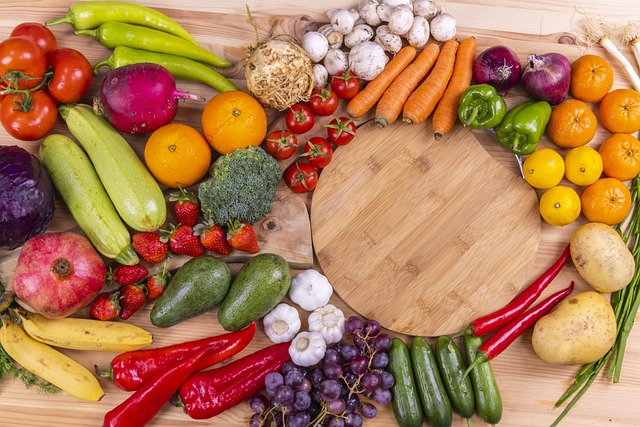In recent years, the food industry has witnessed a remarkable transformation driven by innovation and a growing demand for sustainable, healthier, and more diverse food options. Among the most notable developments are hybrid foods and innovative food products that challenge traditional culinary boundaries. From plant-based burgers to dairy-free alternatives, these creations are reshaping the way we think about food. In this article, we delve into the world of hybrid foods and food innovation, exploring the science behind these products and their potential impact on health and the food industry.

The Rise of Hybrid Foods
Hybrid foods are the result of combining elements from different culinary traditions, ingredients, or food categories to create unique and novel culinary experiences. This trend has gained momentum as consumers seek out innovative and adventurous dining options. Examples of hybrid foods include sushi burritos, cronuts (croissant-donut hybrids), and turducken (a turkey stuffed with a duck, which is stuffed with a chicken).
One of the most significant developments in hybrid foods is the emergence of plant-based meat alternatives. Companies like Beyond Meat and Impossible Foods have pioneered the creation of plant-based burgers that closely mimic the taste, texture, and appearance of traditional beef burgers. These products are made using innovative techniques that involve combining plant proteins, fats, and other ingredients to create a meat-like experience. By offering a sustainable and cruelty-free alternative to animal-based meat, plant-based burgers have garnered widespread attention and popularity among consumers concerned about their health and the environment.

Exploring Food Innovation
Food innovation encompasses a wide range of developments aimed at creating new and improved food products that meet evolving consumer preferences and dietary needs. One area of focus in food innovation is the development of dairy-free alternatives. With an increasing number of consumers opting for dairy-free diets due to lactose intolerance, dairy allergies, or ethical reasons, there has been a surge in the availability of plant-based milk, cheese, yogurt, and ice cream alternatives.
The science behind these dairy-free alternatives lies in understanding the functional properties of plant-based ingredients such as almonds, soybeans, coconuts, and oats. These ingredients can be processed and combined using techniques such as blending, fermenting, and emulsifying to create dairy-free products that closely resemble their dairy counterparts in taste, texture, and nutritional profile. Additionally, advancements in food technology have enabled manufacturers to fortify plant-based dairy alternatives with vitamins, minerals, and other nutrients to enhance their nutritional value.

Impact on Health and the Food Industry
The growing popularity of hybrid foods and food innovation has significant implications for both health and the food industry. On the health front, plant-based burgers and dairy-free alternatives offer several potential benefits. They are often lower in saturated fat and cholesterol than their animal-based counterparts, making them heart-healthier options. Additionally, plant-based foods tend to be rich in fiber, vitamins, and minerals, which are essential for overall health and well-being.
From a sustainability perspective, hybrid foods and food innovation hold promise for reducing the environmental impact of food production. Plant-based meats require fewer natural resources, such as water and land, and produce fewer greenhouse gas emissions compared to conventional meat production. Similarly, dairy-free alternatives require fewer resources and produce less waste than dairy farming, making them more environmentally friendly options.
In the food industry, the rise of hybrid foods and food innovation has sparked a wave of creativity and competition among manufacturers and restaurants. Companies are investing in research and development to create innovative food products that cater to changing consumer preferences and dietary trends. This has led to a proliferation of new product launches and menu offerings, driving growth and innovation in the food sector.

Conclusion
Hybrid foods and food innovation represent an exciting frontier in the culinary world, offering new and unconventional dining experiences while addressing pressing health and environmental concerns. Whether it’s plant-based burgers or dairy-free alternatives, these innovative food products are reshaping the way we eat and think about food. As consumers continue to demand more sustainable, healthier, and diverse food options, the trend of hybrid foods and food innovation is likely to accelerate, ushering in a new era of culinary creativity and sustainability.













